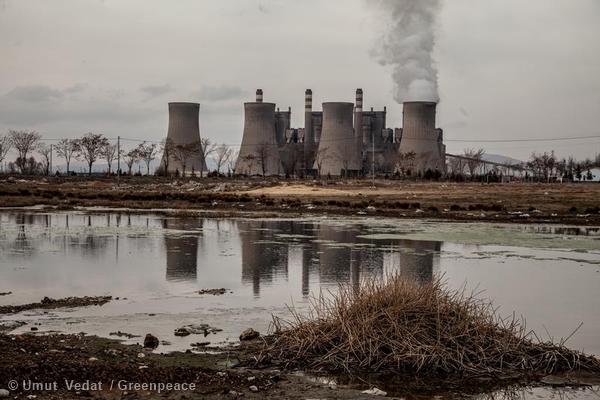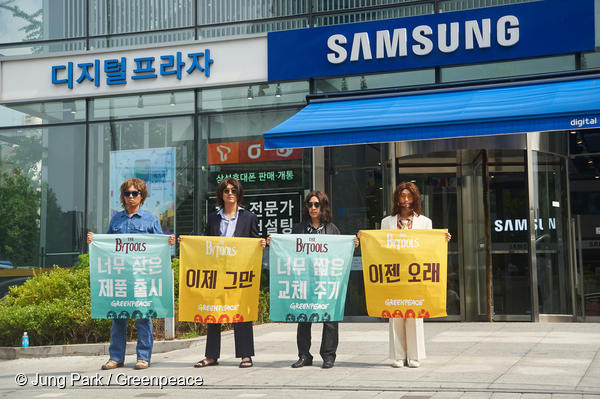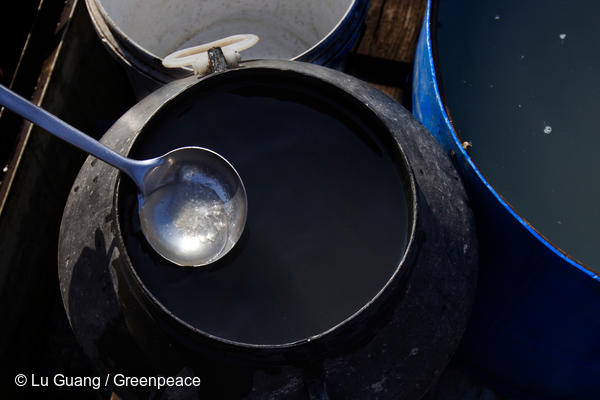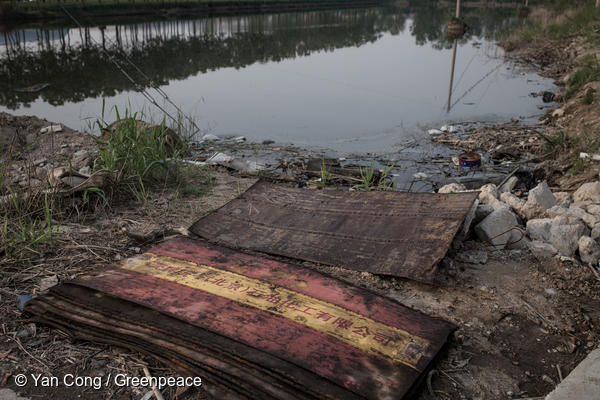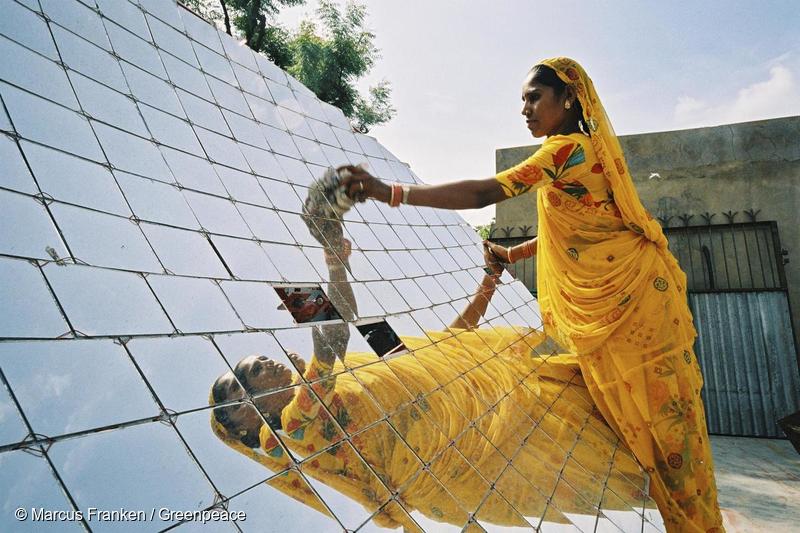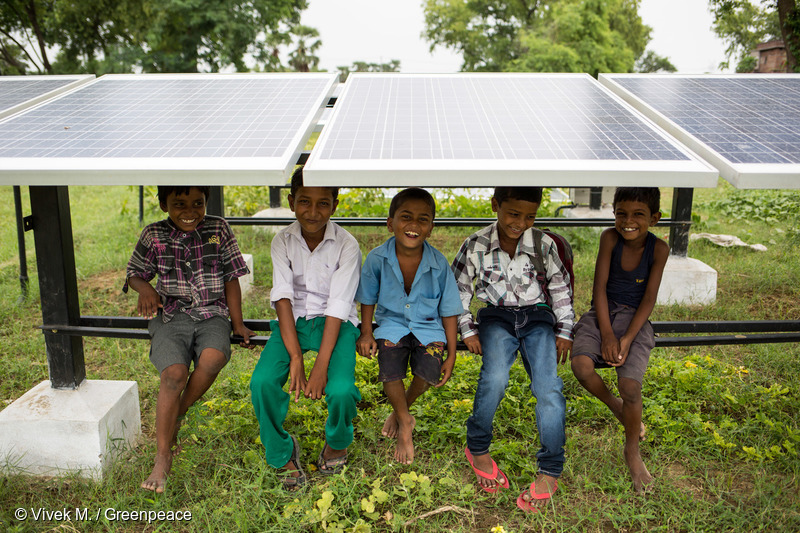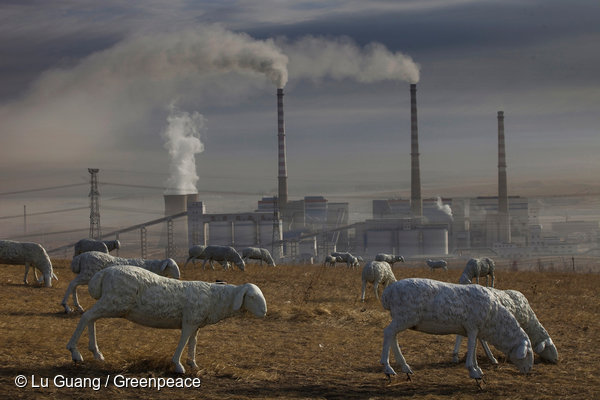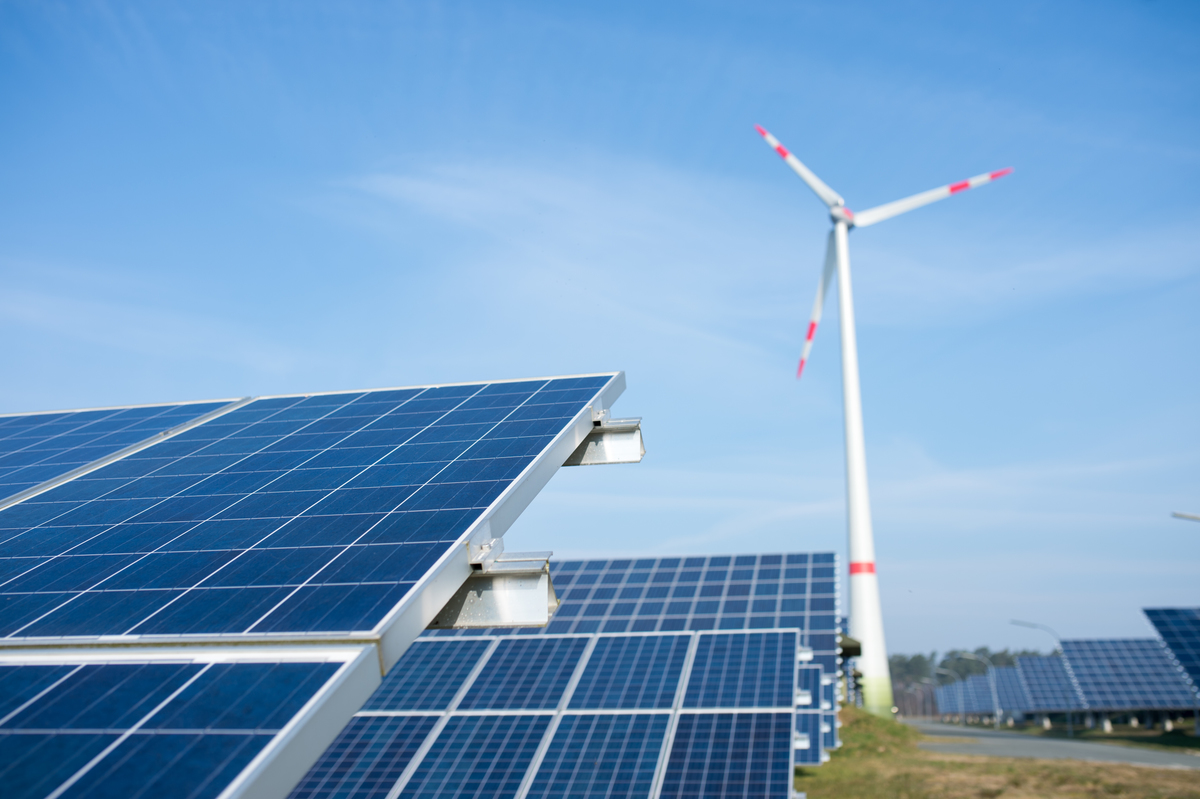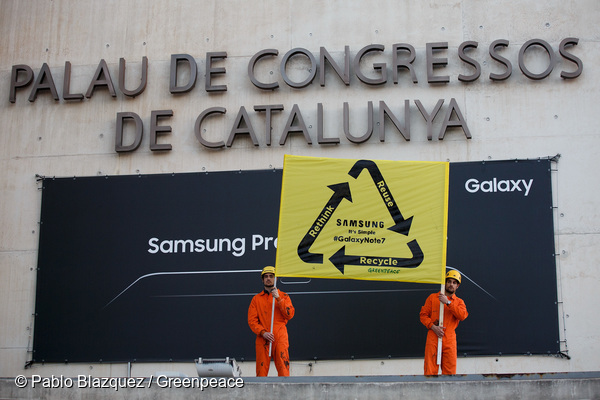All articles
-
Cutting China’s redundant coal power capacity would provide enough water for 27 million people in water stressed areas
Beijing, 5 July 2017 - Tackling China’s coal power overcapacity problem could save enough water to meet the basic needs of 27 million people in water stressed areas, a new report from Greenpeace East Asia shows. Despite a reduction in coal consumption since 2014, coal-fired capacity in areas of high water stress continues to increase.…
-
Apple, Samsung products among least repairable in new Greenpeace assessment of tech brands
San Francisco, 27 June 2017 - Fairphone, Dell and HP are the only companies that make spare parts and repair manuals available to the public, while products from brands such as Apple, Samsung and Microsoft are among the least easy to repair and upgrade, according to Greenpeace’s latest IT product guide.
-
Nearly half of Chinese provinces miss water targets, 85% of Shanghai’s river water not fit for human contact
Beijing, 1 June 2017 - Fourteen provinces failed to meet their water quality improvement targets during the 12th Five-Year Plan period (2011-2015), a Greenpeace East Asia report released today shows. As of 2015, 85.3% of water in Shanghai’s major rivers was categorized as grade IV or worse, or unsuitable for human contact. In Tianjin, 95.1%…
-
Cocktail of chemicals being released from Lianyungang Chemical Industrial Park – Greenpeace investigation
Beijing, 25 May 2017 – A Greenpeace East Asia investigation at the Lianyungang Chemical Industrial Park in Jiangsu Province has identified 226 organic chemicals in air, soil and water samples taken in the vicinity of the park. Out of this cocktail of chemicals, only one quarter are subject to safety management as “hazardous chemicals” under…
-
Belt and Road participants call for full implementation of Paris Agreement
Beijing, 15 May 2017 -- Participants in China’s Belt and Road initiative have called on all parties that ratified the Paris Agreement to implement it in full, as part of a communique to be released following China’s Belt and Road forum. The document comes as top aides of US President Donald Trump clash over whether…
-
Sustainability should be priority for China’s Belt and Road- Greenpeace
Beijing, May 12 2017- On Sunday, 28 government leaders will meet in Beijing for the Belt and Road summit. As China embarks on its historic investment initiative, Greenpeace urges that environmental accountability be prioritized.
-
CO2 emissions from China’s coal-to-chemical industry could increase by more than 400% over the 13th Five-Year Plan period
Beijing, 25 April, 2017 - China’s coal-to-chemical industry is projected to emit 409 million tonnes of CO2 annually by 2020 if all projects currently under construction go into operation, according to a new report released by Greenpeace East Asia.[1] This figure amounts to more than four times the 90 million tonnes emitted by China’s coal-to-chemical…
-
By 2030 China’s wind and solar industry could replace fossil energy sources to the tune of 300 million tonnes of standard coal per year
Beijing, 11 April, 2017 - A new report on the co-benefits of wind and solar photovoltaic (PV) power in China by Greenpeace East Asia and partner organisations finds that by 2030, China’s wind and solar power generation could replace fossil energy sources by up to 300 million tonnes of standard coal per year, almost as…
-
Global protests push Samsung to finally recycle Galaxy Note 7 – Greenpeace
Seoul, 27 March 2017 - Samsung today officially published its plan to deal with the 4.3 million Galaxy Note 7 devices produced and recalled worldwide following battery faults. This major win comes after nearly five months of campaigning and global protests addressing the environmental impact of the recall.
-
China forecasts fourth year of stable or declining CO2 emissions, as world awaits Trump climate action – Greenpeace
Beijing, 28 February 2017 – China is forecasting a significant drop in CO2 emissions of approximately 1%, according to Greenpeace East Asia’s analysis of China’s National Energy Administration forecasts for 2017. [1] This would be the fourth year in a row of either zero growth or a decline in CO2 emissions.

